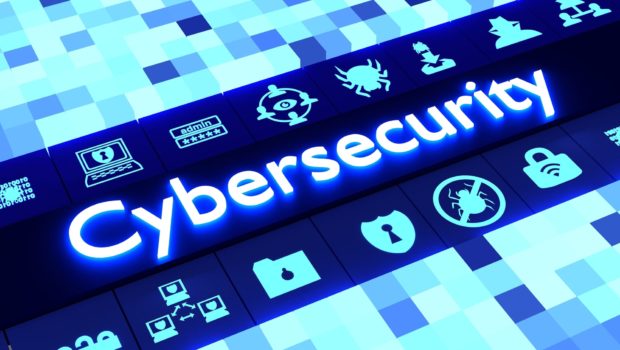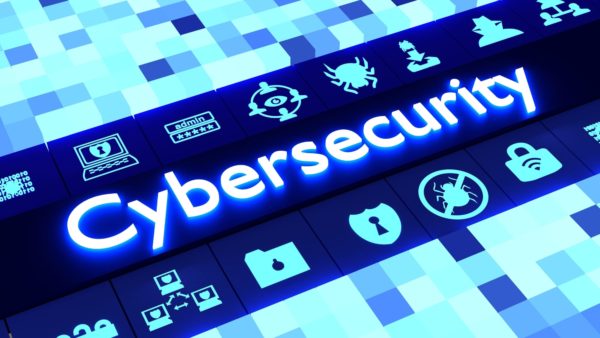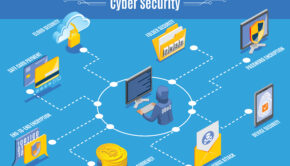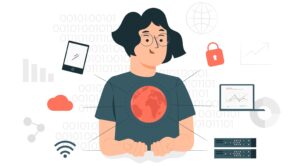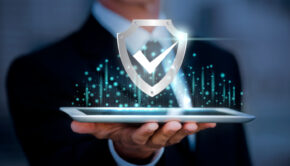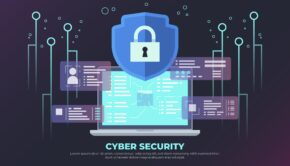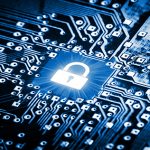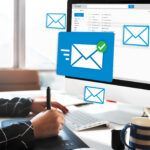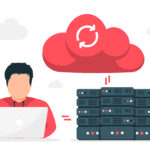The Remote Worker’s Cybersecurity Handbook for 2020
The social and economic shock presented by the coronavirus pandemic is reshaping perceptions of organizations and individuals about occupations and the work. This has created micro and macro shifts, as well as work-from-home strategies.
When 2020 began, most managers may have supervised just a few remote workers. Because of the current global health crisis, most companies have instructed their workers to handle their tasks from the comfort of their homes.
This new trend has both benefits and downsides. For instance, working from home allows more flexibility and reduces travel time for most employees. On the flip side, it exposes them to possible cyber-attacks, an issue that could affect their personal data and that of the organizations they work for. Here are online safety tips for remote workers.
1. Keep your computers’ OS up to date
Generally, updating your desktops, phones, laptops, and other devices is one of the most reliable steps to improve online security when working from home. Sometimes, these OS updates are time-consuming. But that doesn’t mean you should always ignore them.
Consider using the update wait time to stretch your legs and probably venture outside for a quick walk. You can also update your devices while handling home chores or out with your family.
2. Encrypt your network using a virtual private network (VPN)
Even when you’re using your devices at home, you may be at risk of an unanticipated data breach. If you are homes wireless connection isn’t encrypted, it is vulnerable to sniffers and various computer programs used to decode information and make it readable to third parties. The bad guys tend to use sniffers to spy, hijack devices, and steal data.
A reliable VPN allows users to safely communicate over any wireless connection by establishing encrypted and highly secure connections. It successfully routes information from a device through service in various locations and scrambles it to make it inaccessible by third parties.
3. Don’t click links from suspicious emails
With the significant transition of employees moving their work away from conventional offices, there are a good chance more emails about how your bank, employer, and various apps that are using will be updating or changing in some way. Hackers could use this chance to attempt to phish for your employer’s passwords and other forms of data.
Be careful when opening any email that you receive or any prompts to install anything onto your computer. After all, you don’t want to install ransomware or malware onto your device.
4. Enable two-factor authentication
It is recommended to enable two-factor authentication whenever possible on all your work accounts. This means you will need an additional one-time passcode to access the account. From your email accounts and social media task management software to various project management platforms, you should at least be using two-factor authentication to ensure your accounts are secure.
Two-factor authentication minimizes the risk of brute-force hacking that could grant someone access to your online accounts and still your personal or organization’s data.
5. Use a reliable anti-malware
There is no way around it; you need reliable antivirus software to keep your computers, smartphones, and other devices safe. Be sure to activate the firewall and enable the right permissions to ensure that your device is fully protected. This can prevent various forms of malware from compromising your projects and your employer’s data systems.
Summary
Working from home may be something new to you, or you’re already experienced with it. But one thing is for sure, you cannot neglect your online security without compromising the safety of your personal data and that of your employer. Implement the tips given in this article to ensure you can safely work from home.

